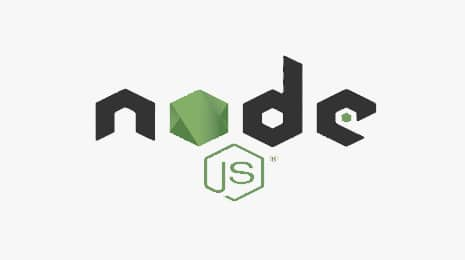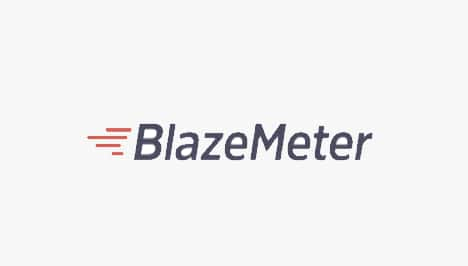Overview
The primary objective of peer review in Agile is to catch defects, identify potential improvements, and promote knowledge sharing within the team. By involving team members in reviewing each other's work, the team can benefit from different perspectives, expertise, and experiences, ultimately leading to better outcomes.
Key Aspects of Peer Review:
1. Collaborative Process
- Peer review involves active participation and collaboration among team members. It is not a one-way evaluation but rather a constructive discussion and exchange of ideas. Reviewers provide feedback, suggestions, and questions to the author, fostering a learning and improvement-oriented environment.
2. Iterative Approach
- Peer review is often performed in an iterative manner throughout the development process. Instead of waiting until the end of a project phase or sprint, reviews are conducted regularly and incrementally. This approach allows for early detection and resolution of issues, preventing potential problems from escalating.
3. Continuous Improvement
- Peer review is an opportunity for individuals to learn from one another and enhance their skills. By reviewing the work of others, team members can gain insights, discover new techniques, and improve their own work. It fosters a culture of continuous improvement within the team.
4. Multiple Perspectives
- Peer review ensures that multiple team members review the work product. This helps uncover blind spots and biases, as different individuals bring their unique viewpoints and expertise. It promotes diversity of thought and reduces the likelihood of overlooking important details.
5. Respectful and Constructive Feedback
- Peer review emphasizes providing feedback in a respectful and constructive manner. The focus is on improving the quality of the work, not criticizing individuals. Reviewers offer specific observations, suggestions, and recommendations to help the author refine and enhance their work.
6. Traceability and Documentation
- Peer review activities are typically documented, including the identified issues, discussions, and decisions made. This documentation serves as a reference for future iterations, audits, or compliance requirements. It ensures traceability and accountability within the development process.
Peer review in Agile contributes to the overall quality, reliability, and maintainability of the software being developed. By involving the entire team in the review process, it fosters collaboration, knowledge sharing, and continuous learning, ultimately leading to improved outcomes and customer satisfaction.
Detailed process of Peer review with respect to Engineering Excellence : Code Review
Detailed process of Peer review with respect to Quality Engineering : QE Considerations to Static Testing





